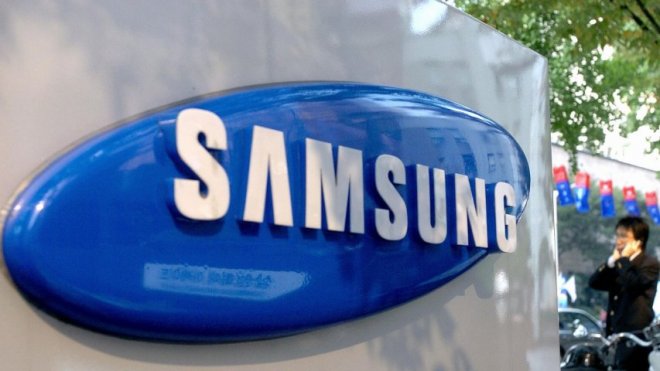
While the nascent space of autonomous vehicle technology is yet to receive a final shape, Samsung has decided to spend US$300 million to support the beginning of self-driving cars. The new funding will accompany the previous US$8 billion that the South Korean company invested in acquiring audio pioneer Harman late last year.
In August, the California Department of Motor Vehicles granted a self-driving vehicle permit to Samsung to pilot developments in the state. The company also recently secured a license for on-road testing of autonomous driving technologies in Korea. These both permits would be leveraged to test the developments through the new developments. Further, Samsung has established a new division called Autonomous/ADAS (Advanced Driver Assistance Systems) Strategic Business Unit in collaboration with resources from Harman's Connected Car division to build specific technologies for autonomous driving models.
"There is already a high demand for ADAS solutions, and that demand is rapidly growing with the advancements in connected cars and autonomous driving," said Dinesh Paliwal, president and CEO, Harman, in a press statement.
The new business division has appointed John Absmeier as its senior vice president. Absmeier established Delphi Labs in Silicon Valley before joining Samsung in November 2015 and is presently also overseeing the smart machines for the Samsung Strategy and Innovation Center (SSIC). His new role is aimed at bringing autonomous and ADAS solutions to the market.
Fund's investment layout
Samsung is set to make the very first investment through its new fund into TTTech, a safety-controls developer for unmanned driving models.
Also read: Samsung challenges hackers with a bounty of up to $200,000
This funding will be an addition to Samsung's past investments into emerging spaces such as automated driving, sensors, connectivity and high-performance computing. Moreover, further monetary developments are likely to be scaled out in the coming future.
Ultimate goal
The statement released by Samsung explicitly confirms that there are no plans to enter the car-manufacturing business. Instead, the company is looking to "working with automakers and mobility enablers" to provide advanced automotive developments. All this would sit against the self-driving car model developed by Google.
Called Waymo, the autonomous car development company at Google's parent company Alphabet, received its final shape in December 2016 with a mission to make self-driving tech "safe and easy for people and things to move around". The venture is headed by John Krafcik, the veteran who is the former president and CEO of Hyundai Motor America.
According to a court filing in an ongoing lawsuit against Uber, it has been found that Google has spent a whopping US$1.1 billion on powering its self-driving hardware and software. This is certainly bigger than the latest investment plans by Samsung.
The huge potential in self-driving has apparently been influencing tech companies like Apple, Google and Samsung to begin their native developments. As per a recent report by research firm IHS Markit, people are willing to pay additional US$1,000 to use autonomous-drive technology. Elon Musk-led Tesla is already offering an onboard self-driving system for US$8,000. Similarly, automotive makers such as Audi and Ford are relying on Linux platform to deliver an initial autonomous experience.









